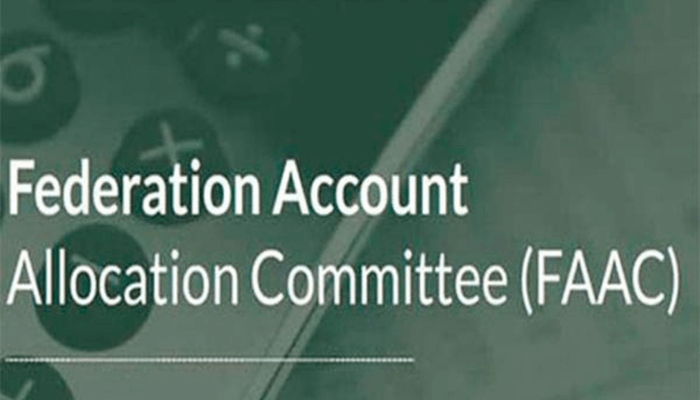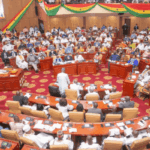Enugu State has emerged as Nigeria's most financially viable subnational government. According to Budgit's 2025 State of the States rankings, Enugu State is the state most likely to fund its operating expenses exclusively from internally generated revenue (IGR).
According to the report, Enugu, Lagos, Abia, Anambra and Kwara are the five states most capable of surviving independently from the allocations from the Federation Account Allocation Committee (FAAC). In contrast, Yobe, Benue, Jigawa, Kogi and Imo were ranked as the least viable states.
The findings are based on Index A, which measures the ability of states to meet recurring expenditure obligations using only IGR. The research methodology for Index A was the ratio of operating expenditure to the state's IGR. According to Budgit, states ranked higher in this index demonstrate greater fiscal autonomy and long-term viability.
Also read: FAAC payments rise to N2trillion monthly as subsidy is removed
“States performing strongly on Index A have comparatively limited dependence on FAAC allocations and thus have greater viability if they existed as theoretically independent entities,” the report said.
According to the ranking, Enugu State had a score of 0.68, which means 68 per cent of its IGR will cover its operating expenses. Lagos State had a score of 0.83, with Abia scoring 1.56, and Anambra scoring 1.66. Quora had a score of 1.73 to make the top five.
The 2025 ranking is in contrast to 2024, when Rivers, Lagos, Ogun, Anambra and Cross River topped the ranking. Enugu's performance is a remarkable leap, underscoring improved revenue collection and expenditure management within the state.
IGR: Enugu and Lagos lead, very few states meet 50% threshold
In terms of IGR performance, the report shows that the number of states generating enough revenue to cover their operating expenses has declined.
Unlike 2024, when Rivers (121.26 per cent) and Lagos (118.39 per cent) were the only two states that generated more than enough IGR to cover their recurrent expenditure, Rivers was excluded from this year's analysis. In 2025, this prestigious group now includes Lagos (120.87 percent) and Enugu (146.68 percent), with Enugu taking the top spot.
Budgit noted that, unlike last year's report, where six states generated enough IGR to cover at least 50 percent of their operating expenses, only five states achieved this feat in 2025, namely Abia, Anambra, Kwara, Ogun and Edo. This means that 28 states are still largely dependent on federal transfers and other external flows to finance their operations.
IGR growth has improved, but lag persists
On Index A1, which measures IGR growth, Enugu again leads the ranking, followed by Bayelsa, Abia, Osun and Kano. These states recorded the strongest pace in boosting IGR during the 2024 financial year.
At the lowest level, Kebbi and Yobe recorded negative IGR growth, while Ebonyi, Bauchi and Benue also recorded weak performance. This marks a marked improvement from 2023, when seven states had recorded negative growth.
Also read: Why local governments have zero digital footprint despite N8.93trn FAAC allocation
“However, it is too early to celebrate, as the increase may partly reflect increased flows from federation transfers. This is a significantly better performance than last year,” Budgit said.
In 2024, Zamfara, Ekiti, Niger, Katsina and Plateau topped the IGR growth chart, indicating that fiscal leadership among Nigerian states remains fluid and highly sensitive to political and policy changes.
The 2025 report shows that fiscal sustainability remains uneven among Nigerian states but is gradually improving. More states are investing in IGR reforms, but structural weaknesses such as over-reliance on FAAC and high administrative costs continue to hinder progress.











